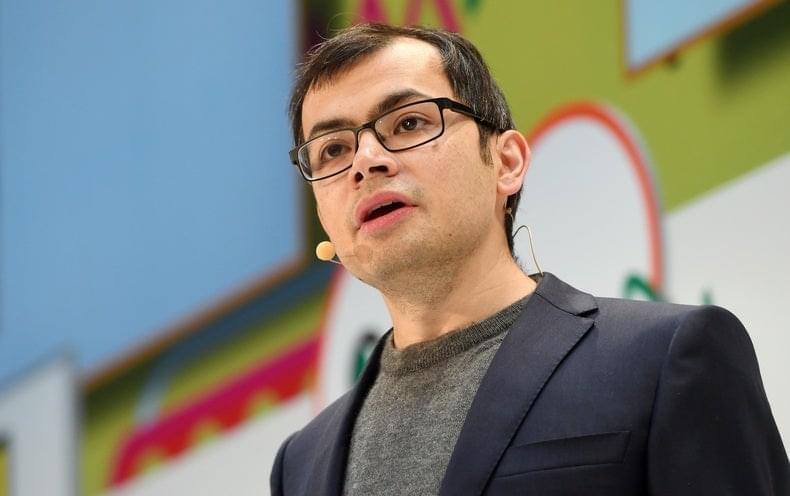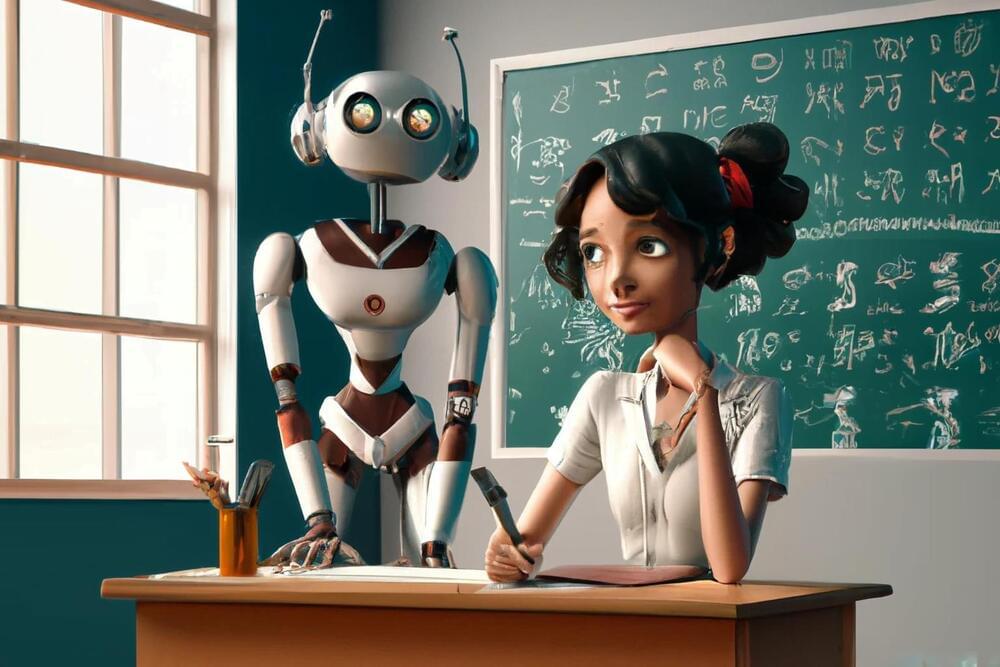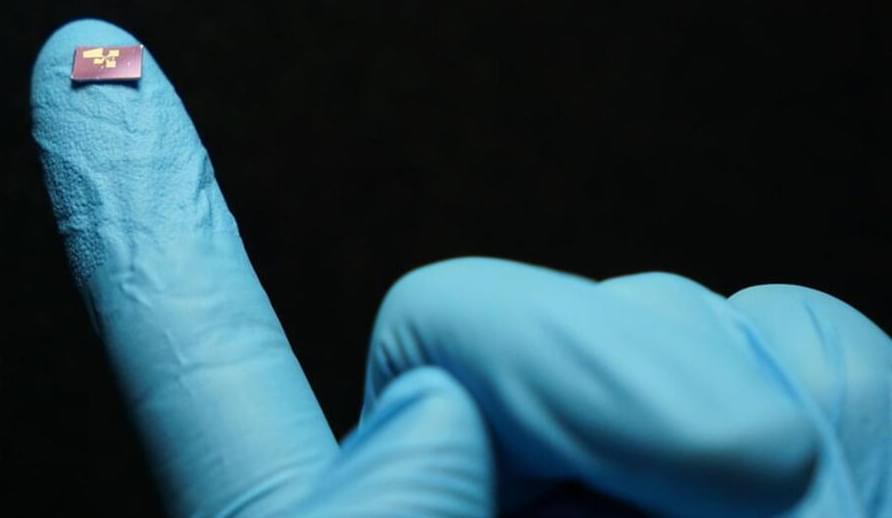It mentions that Mark believes that people will migrate to the Metaverse and leave reality behind.
Here’s my conversation with Mark Zuckerberg, including a few opening words from me on Ukraine, Putin, and war. We talk about censorship, freedom, mental health, Social Dilemma, Instagram whistleblower, mortality, meaning & the future of the Metaverse & AI. https://www.youtube.com/watch?v=5zOHSysMmH0 pic.twitter.com/BLARIpXgL0— Lex Fridman (@lexfridman) February 26, 2022
SEE ALSO: Meta Shuts Down Its Students-only College Social Network ‘Campus’
Reports suggest that Meta intends to spend the next five to ten years creating an immersive virtual environment that includes fragrance, touch, and sound to allow users to lose themselves in virtual reality. The wealthy creator unveiled an AI system that can be used to construct totally personalized worlds to your own design in a recent update on future plans, and he’s working on higher-fidelity avatars and spatial audio to make communication simpler.




